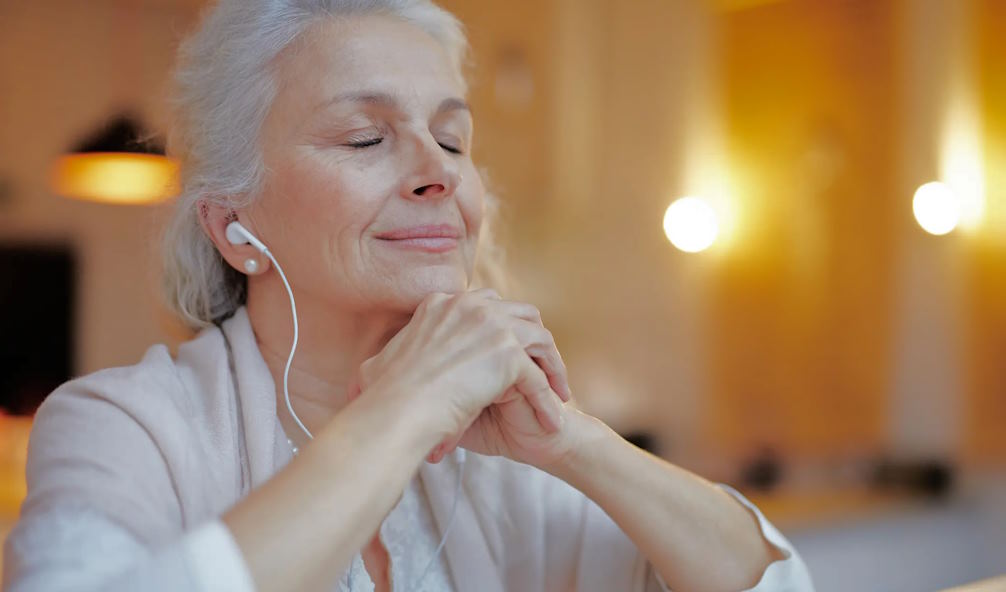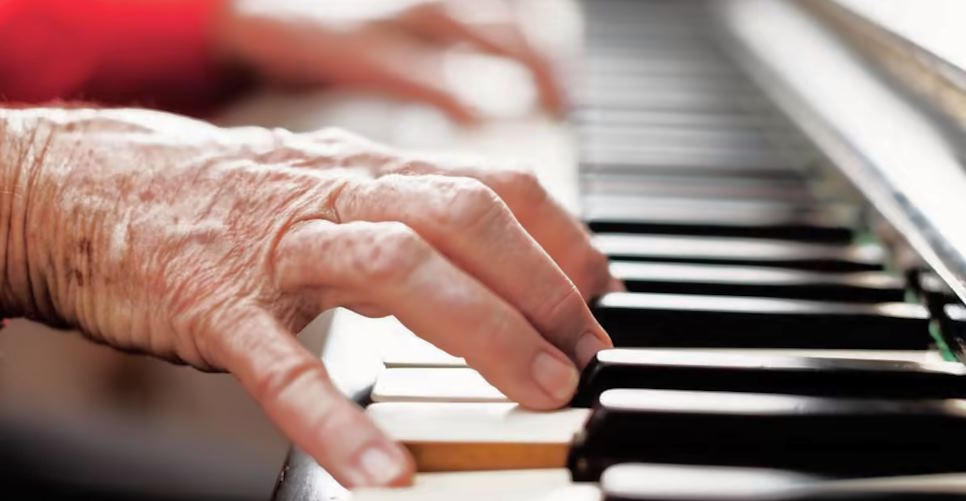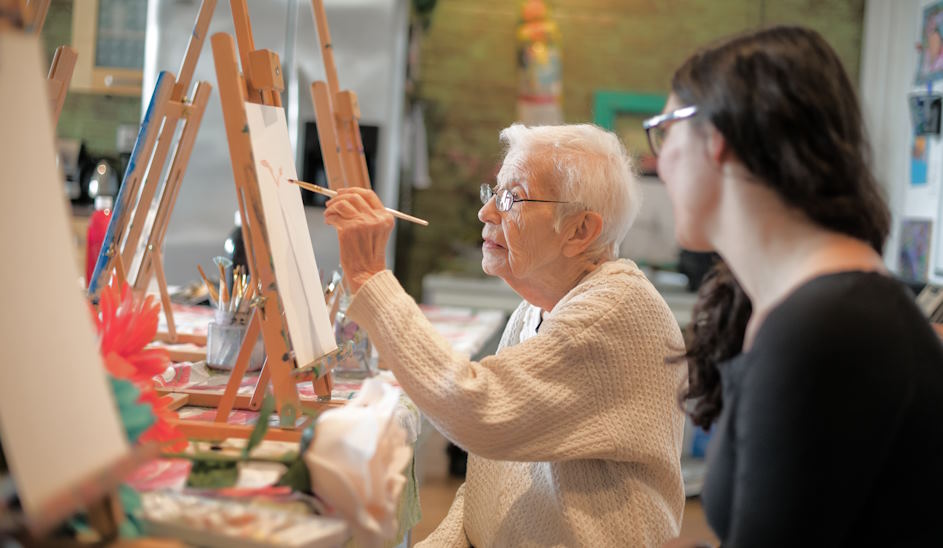A Guide to Choosing the Right Assisted Living Facility for Your Loved Ones
As our loved ones age, ensuring their safety, well-being, and
Read more...
As the global population continues to age, the mental health of elderly individuals becomes an increasingly pressing concern. The golden years of life, while often associated with wisdom and experience, can also bring about various challenges, including feelings of isolation, loss, and declining cognitive function. Recognizing the limitations of pharmacological interventions and the importance of addressing mental health holistically, non-pharmacological approaches like music and art therapy have emerged as promising avenues for promoting well-being among seniors.
Music therapy is an evidence-based therapeutic approach that utilizes the power of music to address the emotional, cognitive, and social needs of individuals. It involves a trained music therapist who employs various musical elements, such as rhythm, melody, and harmony, to establish a therapeutic connection with the elderly. The fundamental principles of music therapy include personalized treatment plans, where the therapist tailors the interventions to suit the unique needs and preferences of each individual. Through active engagement in musical activities, elderly participants can achieve emotional expression, communication, and self-awareness, ultimately leading to improved mental well-being.
Numerous studies have highlighted the profound impact of music on the brain. When seniors engage with music, it stimulates multiple regions of the brain responsible for memory, emotion, and cognition. Music has the power to evoke nostalgic memories and trigger positive emotions, providing a therapeutic outlet for addressing feelings of loneliness and loss. Moreover, music can act as a potent stress reliever, reducing anxiety and promoting relaxation in elderly individuals.

Music therapists employ a wide array of techniques to cater to the specific needs of elderly clients. Group singing sessions encourage social interaction and foster a sense of community among participants. Playing instruments, such as drums or keyboards, helps seniors express themselves creatively, enhancing their sense of self-efficacy. Additionally, lyric analysis allows seniors to explore emotions through song lyrics, facilitating emotional processing and communication.
Numerous research studies and real-life case examples have showcased the positive impact of music therapy on elderly mental health. These interventions have been shown to elevate mood, reduce symptoms of depression, and increase feelings of joy and contentment. Music therapy has also demonstrated its potential to enhance cognitive functions like memory and attention in elderly individuals with cognitive decline. By fostering emotional release and promoting social connections, music therapy significantly contributes to the overall well-being of the elderly population, making it a valuable addition to comprehensive elderly care programs.
Art therapy is a therapeutic approach that utilizes creative expression and the artistic process to promote emotional healing and well-being. Trained art therapists work closely with elderly individuals, encouraging them to explore their thoughts, feelings, and experiences through various art forms like painting, drawing, and sculpting. The underlying principle of art therapy lies in the belief that the act of creating art can serve as a powerful means of communication, enabling seniors to express emotions that may be difficult to put into words.

Engaging in creative expression through art has a myriad of therapeutic benefits for mental health. For elderly individuals, it offers an outlet for emotional release and helps them process complex feelings related to aging, loss, and life transitions. Creating art can act as a form of meditation, reducing stress and anxiety, while also enhancing cognitive functions and promoting a sense of accomplishment and self-worth.
Art therapy serves as a safe space for elderly individuals to explore and address emotional distress, unresolved trauma, and memory-related challenges. The creative process allows them to externalize their emotions, giving form to intangible feelings and experiences. For those facing memory issues, art therapy becomes an essential means of communication, enabling them to express themselves and connect with their past on a profound level.
Art therapy programs designed specifically for elderly individuals have yielded inspiring outcomes. Seniors participating in group art sessions often report reduced feelings of isolation and increased social engagement. Art therapy has also been found to enhance overall emotional well-being, leading to improved quality of life for elderly participants. In memory care settings, art therapy has demonstrated positive effects on cognitive functions and emotional regulation, offering a ray of hope and empowerment to seniors and their families.
Sign up for our newsletter to receive the latest updates, heartwarming stories, and valuable resources on elderly care and community assistance. Join our compassionate community of caregivers, volunteers, and advocates, and be a part of the positive change we're making together.